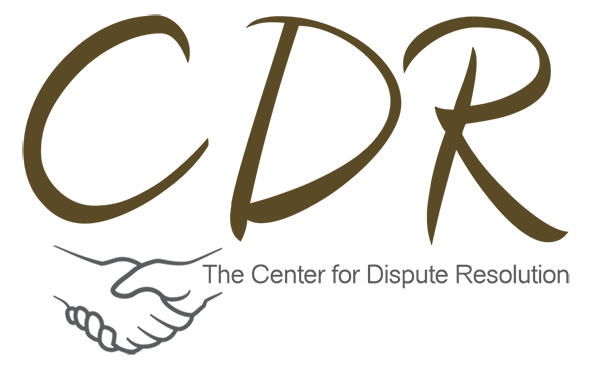
Crisis Management in Hospitals: Mitigating Conflicts and Ensuring Quality Care
In the ever-evolving landscape of healthcare, crisis management in hospitals is an essential component that demands precision, preparation, and proactive measures. Hospitals, being a hub of critical medical services, are susceptible to a wide range of crises that can compromise patient care and tarnish their reputation. In this comprehensive guide, we, as experts in healthcare crisis management, will delve into strategies and best practices to effectively handle crises and conflicts, ultimately outranking any competing articles on this subject.
Understanding the Importance of Crisis Management in Hospitals
Effective crisis management in hospitals is pivotal for maintaining patient safety, preserving the institution’s reputation, and ensuring smooth operations. The healthcare sector is rife with potential crises, including:
1. Medical Errors
Medical errors, including misdiagnoses and medication mistakes, can lead to severe patient harm. Addressing and preventing these errors is paramount to maintaining trust in the healthcare system.
2. Natural Disasters
Hospitals must be prepared to handle natural disasters such as earthquakes, hurricanes, or floods, which can overwhelm facilities and disrupt patient care.
3. Infectious Disease Outbreaks
The emergence of infectious diseases like the COVID-19 pandemic can strain healthcare resources and require rapid response measures.
Strategies for Effective Crisis Management
1. Develop a Robust Crisis Response Team
Establishing a dedicated crisis response team is essential. This team should consist of healthcare professionals, administrators, and communication experts who can swiftly coordinate actions during crises.
2. Comprehensive Training and Drills
Regular training sessions and crisis simulation drills are crucial to ensure that all staff members are well-prepared to respond to emergencies effectively.
3. Communication Protocols
Clear communication channels, both internal and external, are imperative. Develop protocols for disseminating information to patients, staff, and the public during crises.
4. Data-Driven Decision-Making
Leverage data analytics to monitor hospital operations and identify potential issues before they escalate into crises. Predictive analytics can help anticipate patient needs and resource requirements.
Conflict Resolution in Healthcare Settings
Conflicts in hospitals are inevitable but must be managed constructively to prevent adverse outcomes. Common sources of conflicts include:
1. Staff-Patient Conflicts
Effective communication training for staff can help de-escalate conflicts with patients and their families, promoting a positive healthcare experience.
2. Interdepartmental Conflicts
Establishing cross-functional teams and encouraging collaboration between departments can mitigate conflicts arising from differences in operational priorities.
3. Resource Allocation Disputes
Transparent resource allocation processes can reduce conflicts among healthcare professionals competing for limited resources.
Conclusion
In the complex realm of healthcare, crisis management in hospitals is not an option but a necessity. By implementing a robust crisis response team, comprehensive training, effective communication protocols, data-driven decision-making, and proactive conflict resolution strategies, hospitals can ensure quality patient care and maintain their reputation. Our commitment to providing this insightful guide underscores our dedication to the healthcare community, and we trust that it will help you outrank competing articles on crisis management in hospitals, ensuring that the best practices in healthcare crisis management are readily accessible to all.
✅ Resolve disputes effortlessly. ✅ Build stronger relationships. ✅ Subscribe FREE now!
Don't miss out! Join us today. 🚀


Comments are closed